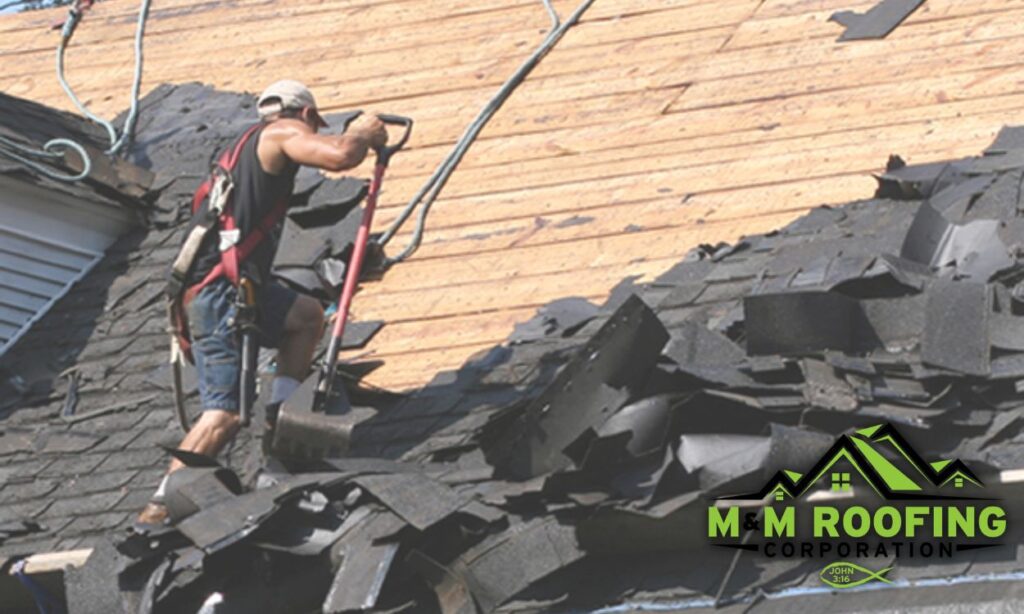The numerous benefits of recycling your asphalt shingles include savings, reduced consumption, improved road quality, and resource reuse. Read on to learn more about this great option. You’ll also be doing your part to protect the environment! Read on to find out how you can get started!
Savings
Savings from recycling asphalt shingles can vary from location to location and will depend on the costs of shingle processing and landfilling and the price of virgin asphalt cement. A Texas Transportation Institute study reported that recycling asphalt shingles can save between $4.00 and $7.00 per ton of HMA (high-molecular-weight asphalt) compared to virgin cement. In addition, the economic benefits of recycling asphalt shingles are expected to increase over time as the cost of petroleum rises.
In 2015, two million tons of recycled asphalt shingles were used in payment projects across the U.S., saving taxpayers about $2.6 billion. Since asphalt shingles cover 80 percent of homes in the U.S., the savings are significant. Market demand for recycled asphalt shingles depends on several factors, including petroleum prices and state regulations.
Using recycled asphalt shingles in construction projects can help conserve resources and provide good pavements. Recycling asphalt shingles can reduce waste from landfills. As part of the recycling process, new shingles can contain up to 20% recycled content, giving them substantial energy savings.
Reduced consumption
Recycling asphalt shingles can save the environment and money. According to the United States Environmental Protection Agency, 11 million tons of asphalt shingles are recycled yearly in the U.S., with a landfill disposal fee of $90 to $100 per ton. The savings from recycling asphalt shingles can vary depending on your location and the cost of virgin asphalt cement. The Texas Transportation Institute study found that reusing asphalt shingles can save as much as $4.00 per ton of HMA. It also found that the economic savings from reusing asphalt shingles are expected to rise as the petroleum cost increases.
Another benefit of recycling asphalt shingles is reducing greenhouse gas emissions. Recycling asphalt shingles minimize greenhouse gas emissions by about a metric ton of CO2 per short ton of shingles. It also reduces energy consumption in the production of new asphalt shingles.
Improved road quality
Recycling asphalt shingles offer two critical benefits for the environment. First, it helps to reduce landfill space, and second, it reuses valuable resources, such as fine aggregate and asphalt binder. Recycling asphalt shingles is a greener solution for your community’s roads and pavement. In addition to being environmentally friendly, recycling asphalt shingles also helps to create jobs and is suitable for the economy.
The use of recycled asphalt shingles is increasing steadily in the United States. These recycled asphalt shingles conserve resources and create high-quality pavement. According to the Environmental Protection Agency, 11 million tons of asphalt roofing shingles are recycled each year, including one million tons from roofing manufacturers and another 10 million tons from residential tear-off shingles. This represents eight percent of the country’s total building-related waste.
Asphalt shingles were first introduced in the early 1900s. At first, organic materials, such as cotton rags, were used as a base. As time went on, however, these materials were replaced by fiberglass and other materials. These materials are no longer as durable as they once were and require more frequent repair, adding to their environmental impact. In addition to contributing to the waste stream, asphalt shingles are responsible for creating eleven million tons of trash each year.
Reuse of resources
Asphalt shingles are the most common roofing material in the United States. According to the National Association of Home Builders, approximately 7-10 million tons of shingle waste are generated yearly. Fortunately, recycling this material can be an excellent solution for the environment. Not only can it be used on pavement, but it can also earn LEED points. However, recycling asphalt shingles requires a few steps. These include grinding the shingles to a specific size and removing contaminants.
Several roofing contractors market their services green, and some even recycle asphalt shingles. It is a good idea to research which shingles a particular contractor recycles before hiring them. In terms of costs, it is essential to note that this process is not a simple one. However, recycling a roofing shingle can save you significant money. For example, recycling five percent of a shingle’s weight can save a producer up to $15 per ton or $500,000 annually.
Another benefit of recycling asphalt shingles is the reduction of landfill space. During its manufacture, asphalt increases the amount of other compostable materials. As a result, resources from other manufacturing units are incorporated into new asphalt supplies instead of being thrown into landfills. These materials add new properties to the mixture, benefiting construction engineers.
Call M & M Roofing Corp if you need a Professional Roofing Contractor; we service all of the New Jersey Area.
Please contact us if you are searching for residential roofing contractors near me in New Jersey.

